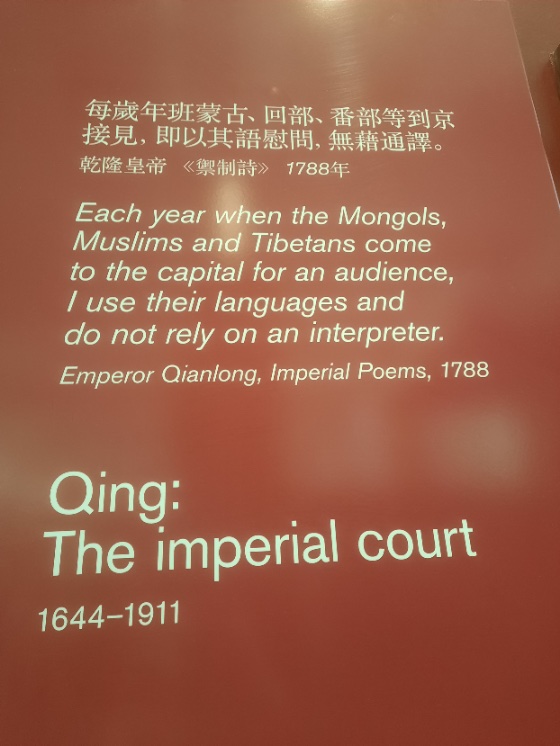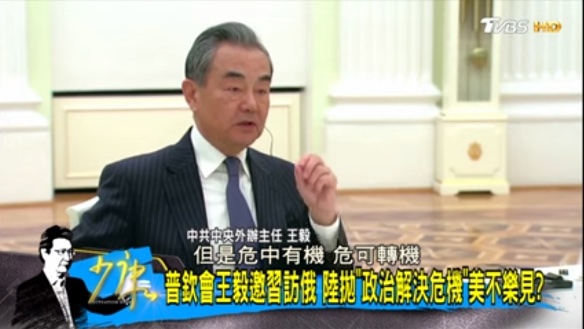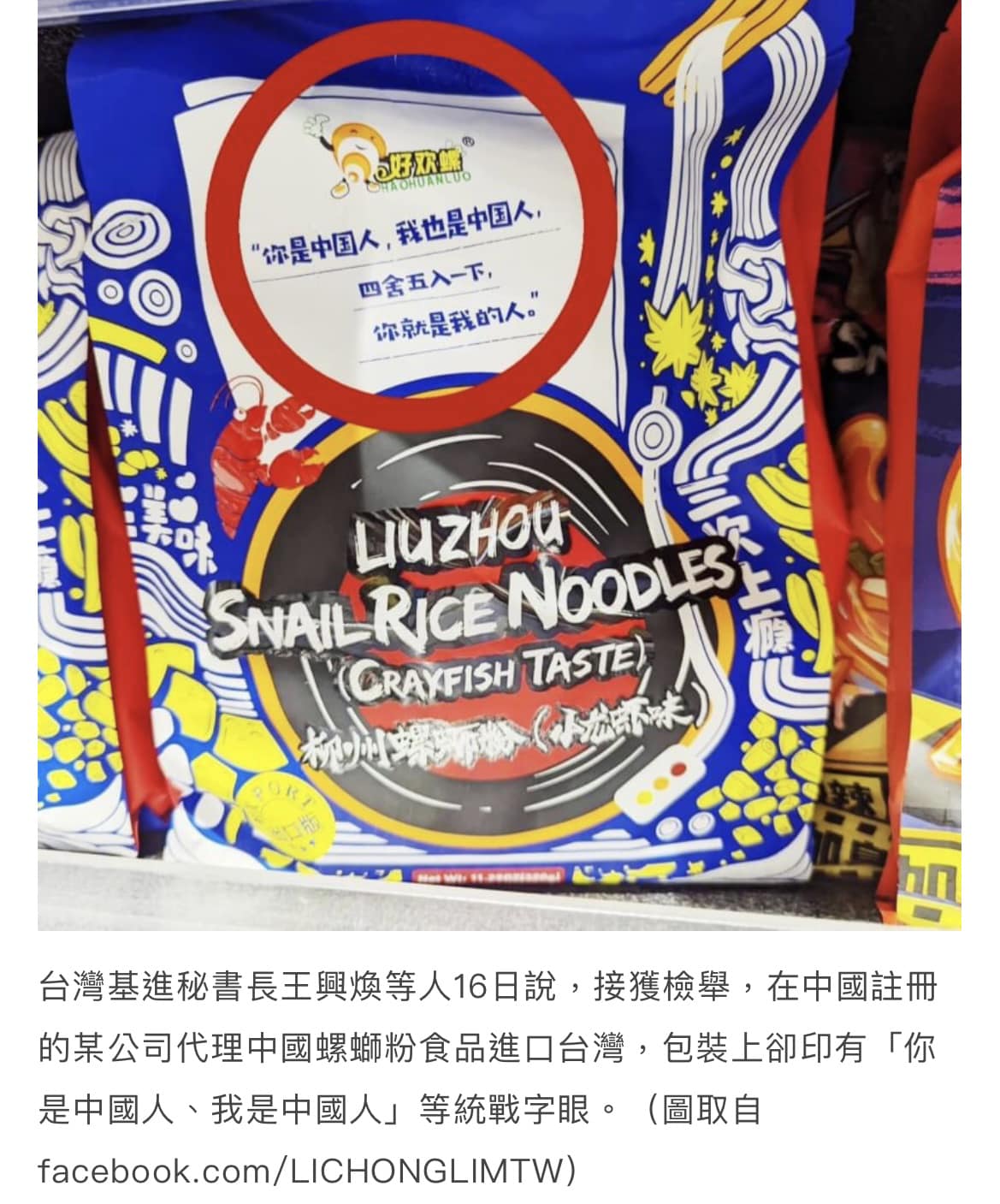The perils of AI (Artificial Intelligence) in the PRC
Here at Language Log, for the last couple months, we've been having long, intense discussions about ChatGPT and other AI chatbots and LLM (Large Language Model) applications. Now, it seems that the battle over such AI programs has reached the level of ideological warfare.
"America, China and a Crisis of Trust"
Opinion | The New York Times (4/14/23)
Indeed, a story making the rounds in Beijing is that many Chinese have begun using ChatGPT to do their ideology homework for the local Communist Party cell, so they don’t have to waste time on it.
I have some evidence that this might well be true. Already about half-a-dozen years ago, my M.A. students from the PRC whose parents were CCP members told me that the government required daily interaction with the propaganda installed on their phones — upon pain of being demoted or dismissed. They had to read a specified amount of Xi-speak and answer questions about the content. This demanded a serious investment of time (hours). It was considered to be especially onerous for those CCP members whose day jobs (doctors, bureaucrats, stock brokers, etc., etc.) already demanded a very full work schedule in the office. So many, if not most of them, hired various human and electronic services to meet the obligations.
Read the rest of this entry »



